One of the main reasons some lawmakers want to ban TikTok is its connection to ByteDance, a Chinese company. U.S. officials worry that the Chinese government could use the app to collect data from American users, such as browsing habits collected through algorithms. For this reason, they are afraid that the Chinese government could use TikTok to spread propaganda or manipulate public opinion. However, one counterpoint is that American companies such as Meta (the parent company of Instagram and Facebook), use these same algorithms to recommend content to users and have the same capability of skewing the narrative. TikTok has stated that it stores users’ data in the U.S. and is committed to protecting user privacy. Many U.S. officials remain critical, leading to calls for a ban.
TikTok has also been condemned for its data collection practices. Critics argue that the app gathers more personal information than necessary and that users may not fully understand the data being collected. Because so many young people use TikTok, people worry that users are unaware of how their information is being used.
Recently, former and future President Donald Trump has come forward opposing the ban and has made moves to negotiate with the company to keep the app in America. He filed a brief with the Supreme Court in December, stating that TikTok was a, “unique medium for freedom of expression.” This contradicts his views during his previous presidency in 2020, where he avidly criticized the Chinese Government and Tik Tok. This places him at odds with many of his party’s supporters, who are concerned with the foreign ownership of the company. Critics of Trump say that he simply does not want to lose the platform of young voters he has gained on the app- nearly 14.7 million followers- after losing his platform on ‘X’, where he was banned in 2022.
Despite the security concerns, users across the platform oppose the ban. Supporters argue that the app provides a creative outlet for millions, offering entertainment, education, and even a platform for small businesses. Additionally, critics of the ban suggest that it may be an overreach of government power, potentially limiting free expression.
One of the most significant uses of TikTok is the ability to amplify voices that might not otherwise be heard. Unlike traditional media, which is often controlled by large companies or government entities, TikTok allows individuals to create and share content with a massive audience. This accessible form of media has led to increased representation for marginalized groups, including underrepresented communities and activists pushing for social justice and political change.
Because TikTok is such a widely used platform, it’s an extremely important source of information for many, especially concerning world events or political and business scandals. This information often comes from firsthand accounts too, supplying a narrative that- for many- feels more reliable and genuine. The immediate spread of information on TikTok is nearly unprecedented in other digital spaces. While traditional news outlets have processes and take time to release stories, TikTok allows anyone to post videos about events as they happen. This can be especially helpful during times of crisis when information needs to spread quickly. For example, during protests or natural disasters. In addition, creators use TikTok to teach everything from history to life skills and financial advice. The short and entertaining format means that users can learn new things and get motivated to take action. This has made TikTok an important tool for spreading knowledge, especially for younger generations who find traditional education unappealing.
In short, TikTok has ushered in an entirely new era of information and entertainment. Although its use of data can be brought into question, so can the ethics of other companies and platforms. The ban on TikTok has undoubtedly brought lots of concern about ethics and free speech, and this uncertainty leaves many worried and confused.




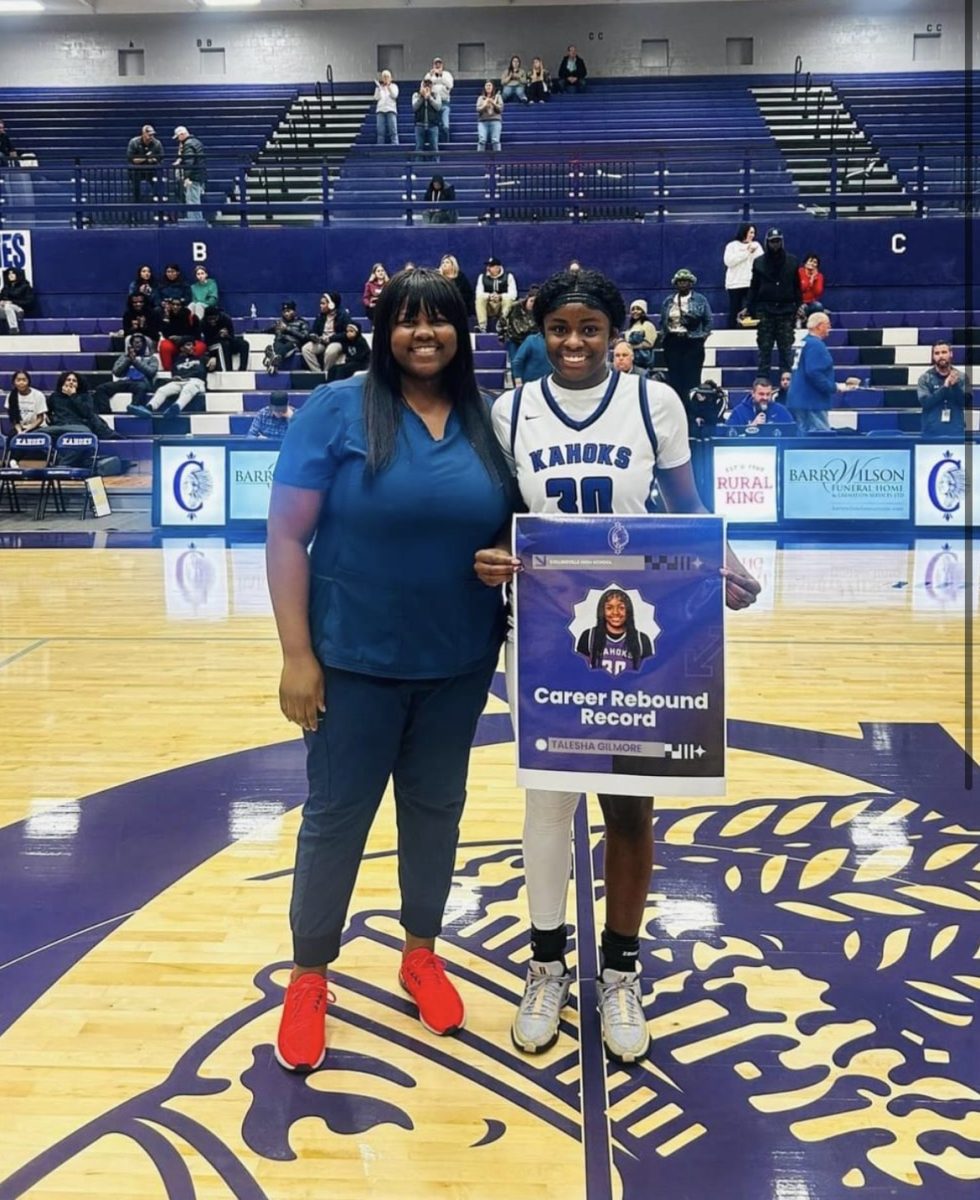





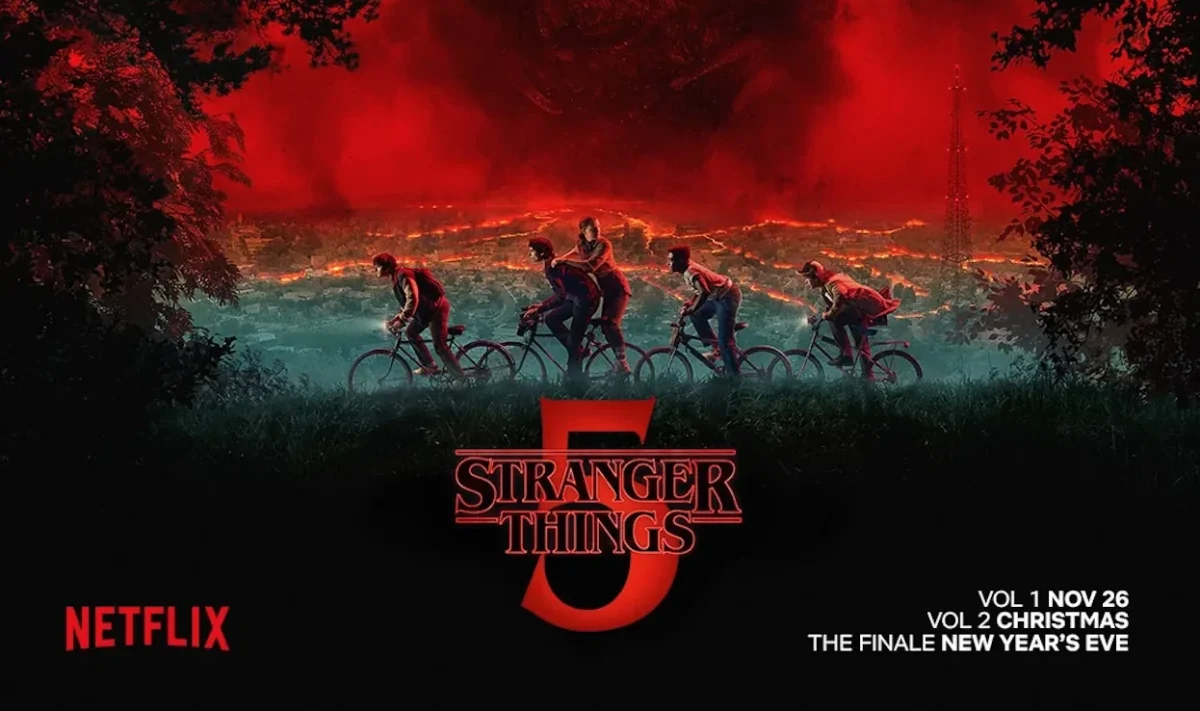





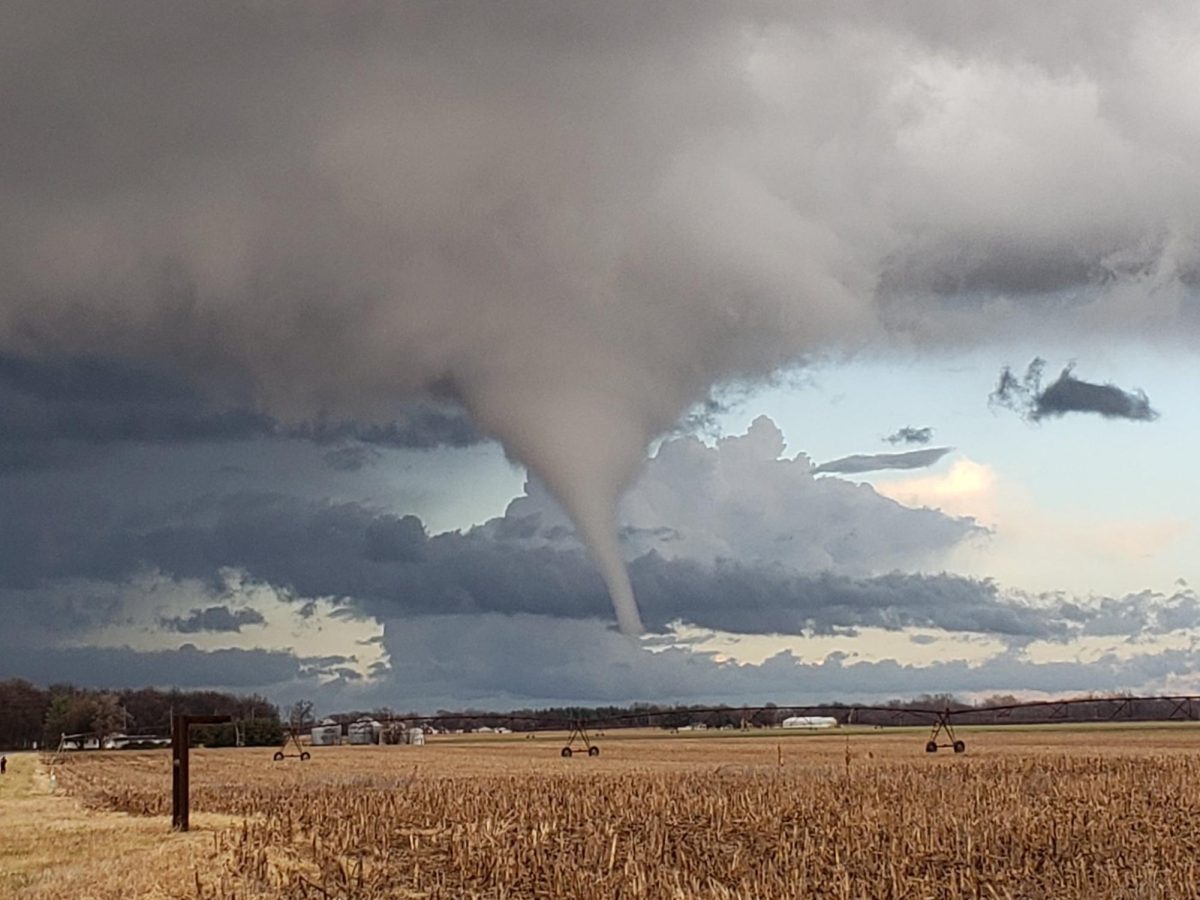
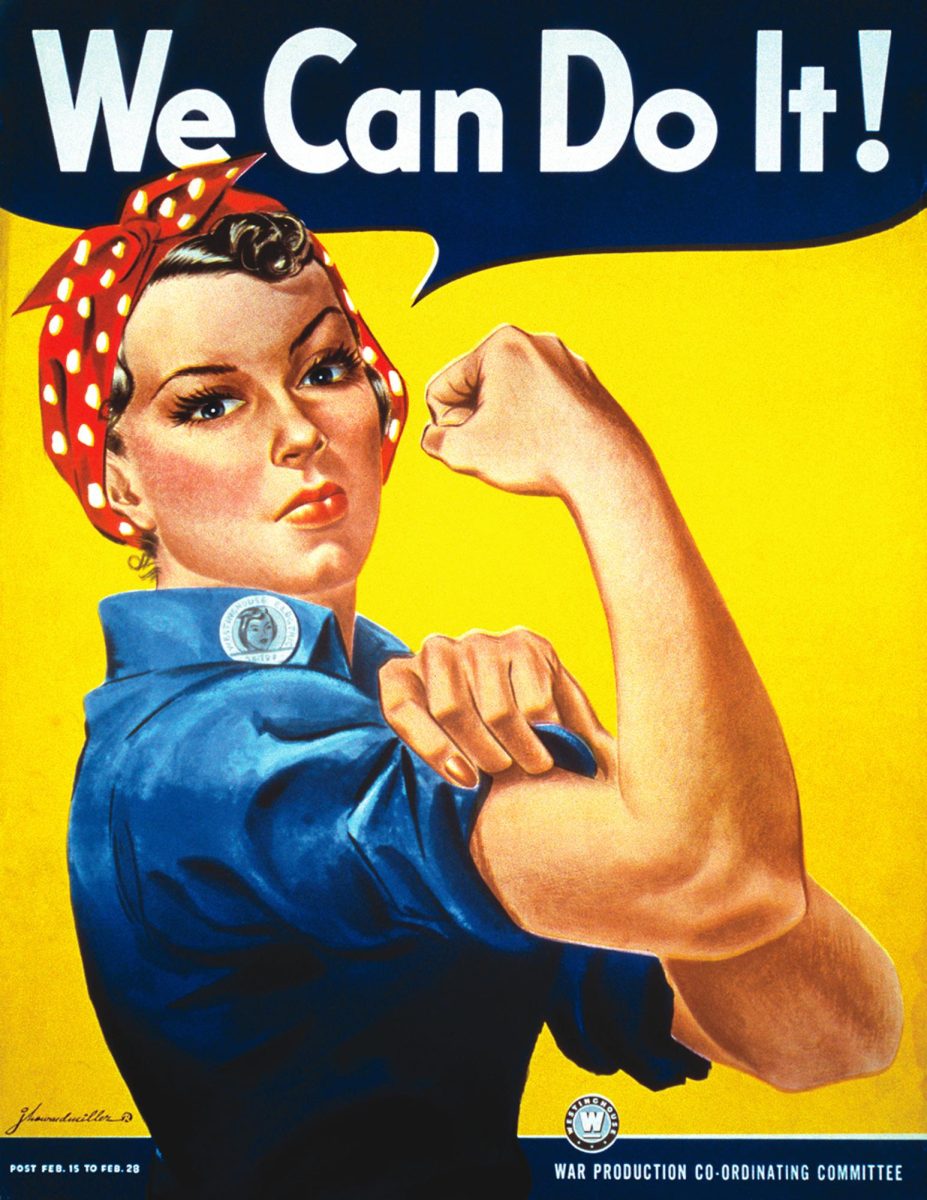
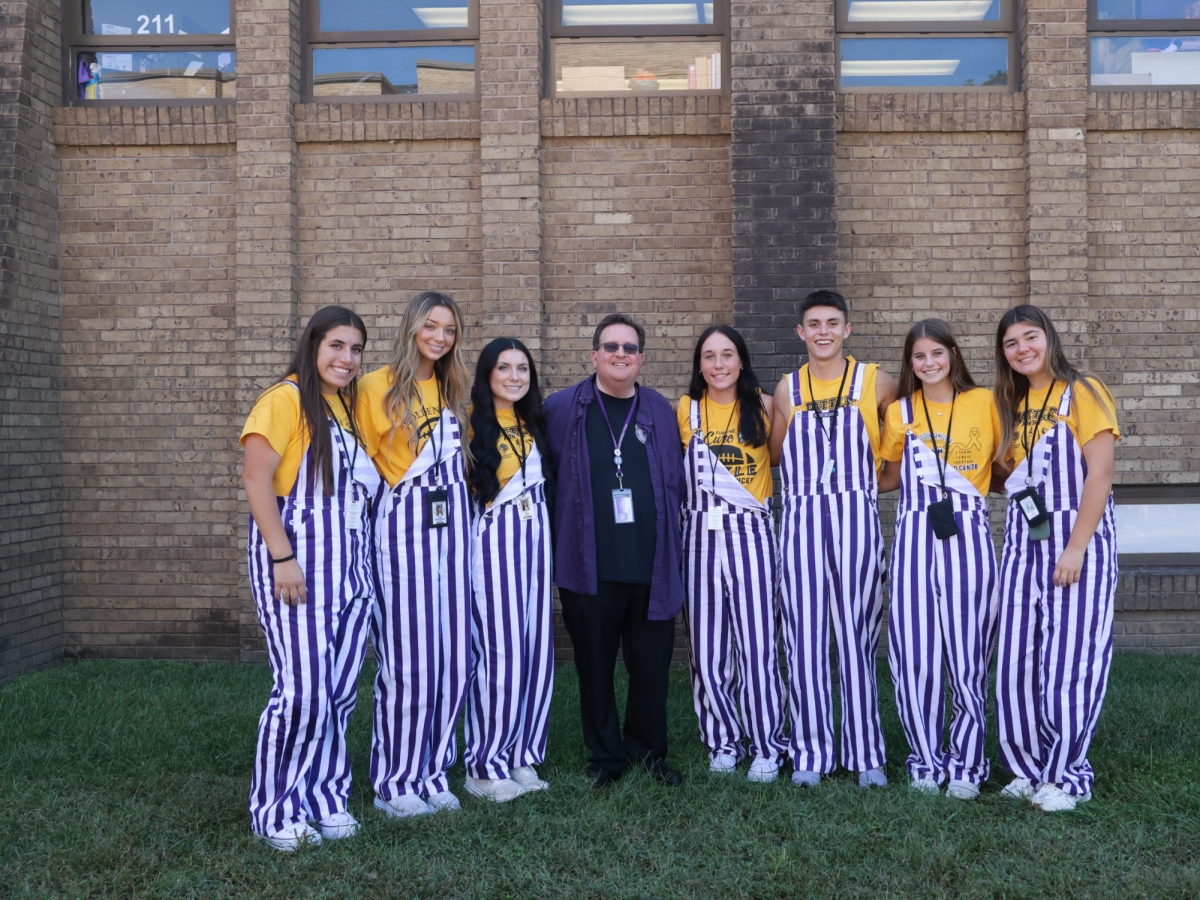

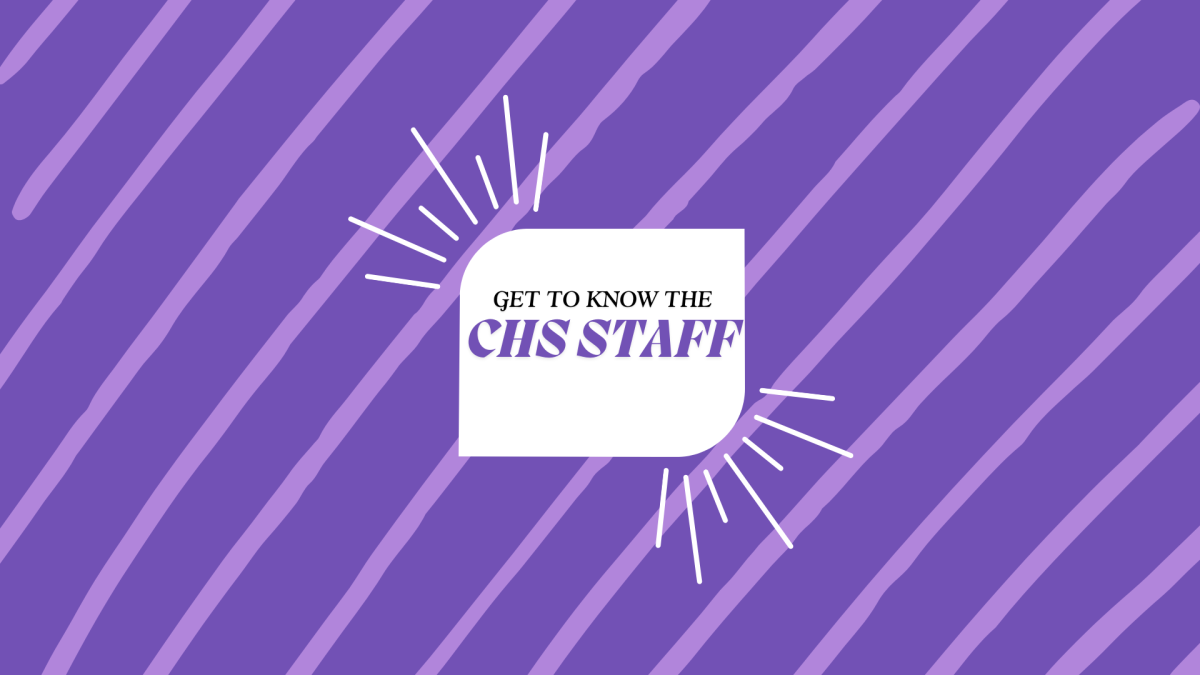




Festive F • Jan 15, 2025 at 8:39 am
Do NOT trust Jubilee J
Jubilee J. • Jan 15, 2025 at 8:37 am
Great article! I really like how you pointed out other companies algorithms!! Thanks! 🙂
Naomi Hurst • Jan 15, 2025 at 8:34 am
To RedNote we go!!!